Introduction:
If you want to be successful in the construction industry, you need the best project management for construction. However, choosing the right project management approach can be challenging, as different projects and companies have unique requirements. In this blog post, we’ll explore different types of project management and factors to consider when selecting the right approach for your construction company.
Traditional Project Management:
Traditional project management for construction follows a linear approach, with clearly defined phases such as initiation, planning, execution, monitoring, and closure. This approach is well-suited for projects with stable requirements and predictable outcomes. It relies heavily on detailed planning and documentation, focusing on minimizing risks and delivering projects on time and within budget.
Agile Project Management:
Agile project management is an iterative approach that emphasizes flexibility, adaptability, and collaboration. It is particularly well-suited for projects with evolving requirements and changing priorities. Agile project management, teams work in short iterations called sprints, delivering incremental value to stakeholders. This approach encourages continuous feedback, learning, and improvement, allowing teams to respond quickly to changes and deliver high-quality results.
Hybrid Project Management:
Hybrid project management combines traditional and agile approaches to tailor a methodology that best fits the project’s requirements. This approach offers flexibility and scalability, allowing teams to leverage the benefits of both traditional and agile methodologies. For example, teams may use traditional project management for certain project phases while adopting agile practices for others.
Factors to Consider When Choosing the Best Project Management for Construction
1. Project Complexity:
Consider the complexity of your construction project, including its size, scope, and technical requirements. Complex projects may benefit from a more flexible and adaptive approach like agile project management.
2. Stakeholder Requirements:
Consider the needs and expectations of project stakeholders, including clients, contractors, and regulatory agencies. Ensure that the chosen project management approach aligns with their preferences and priorities.
3. Project Timeline:
Evaluate the project timeline and deadlines. Traditional project management may be more suitable for projects with fixed deadlines and predictable timelines, while agile project management may offer greater flexibility for projects with evolving requirements.
4. Team Dynamics:
Assess your project team’s skills, experience, and preferences. Choose a project management approach that aligns with their strengths and working styles, ensuring they can effectively execute the project.
5. Organizational Culture:
Consider your company’s culture and values. Select a project management approach that aligns with them and promotes collaboration, innovation, and continuous improvement.
Choosing the best project management for construction is essential for success in the construction industry. Whether you opt for traditional, agile, or hybrid project management, consider factors such as project complexity, stakeholder requirements, project timeline, team dynamics, and organizational culture. By selecting the right approach, you can maximize efficiency, mitigate risks, and deliver successful construction projects that meet or exceed stakeholders’ expectations.


